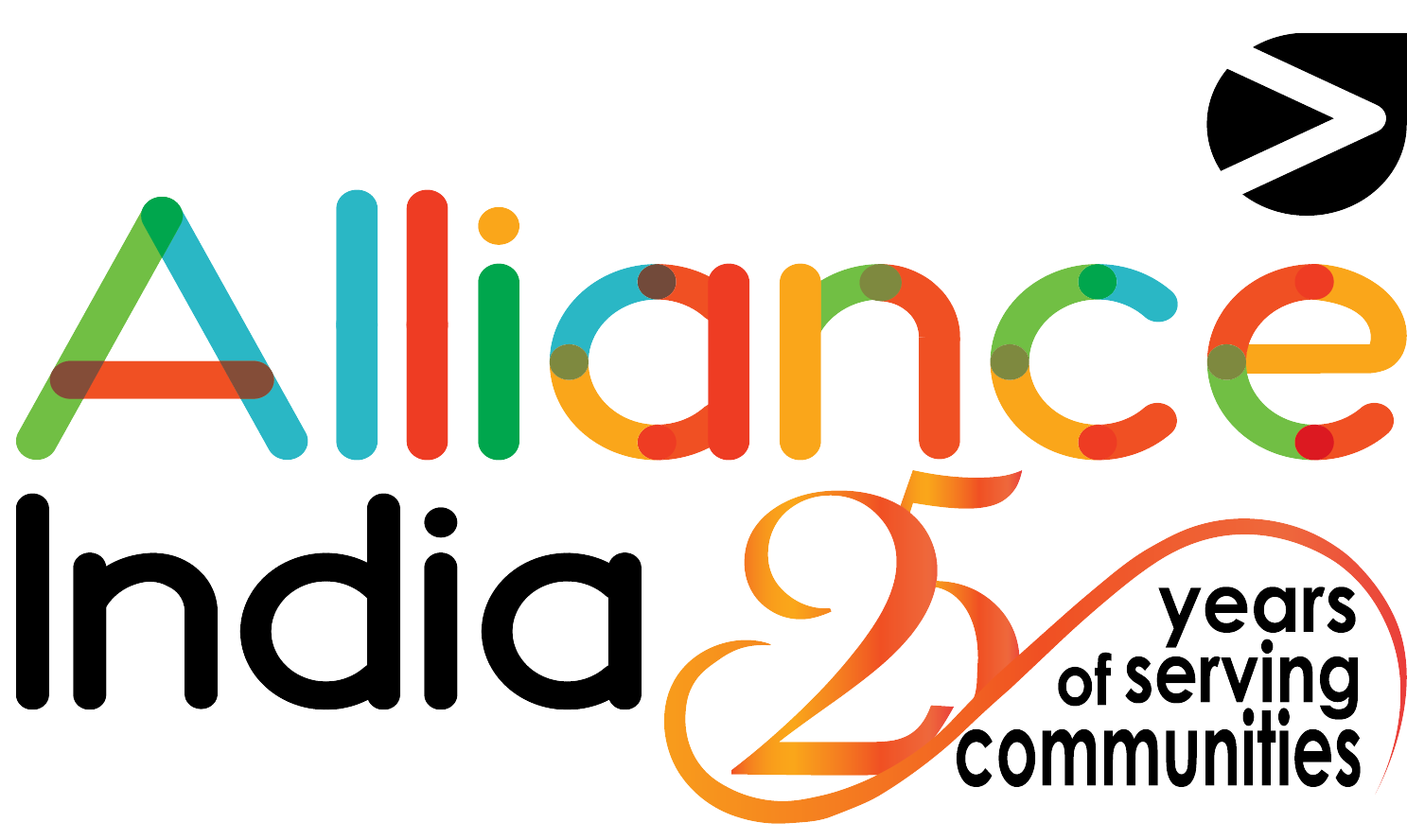‘207 against 377’: A Step Towards Reclaiming Our Rights
December 11th, 2013 was a black day in the history of India’s human rights movement. On this day, the Supreme Court of India set aside the historic judgment of Delhi High Court in 2009 and, by affirming the constitutionality of Section 377 of the Indian Penal Code, recriminalized same-sex sexual behavior. The judgment, best described as ‘regressive’ and ‘derogatory’, noted that lesbian, gay, bisexual and transgender (LGBT) people are a ‘miniscule minority’ and our rights are ‘so-called’.
The Constitution of India guarantees a life of equality and dignity to every citizen, irrespective of caste, creed, religion and sex, but the Supreme Court lost the opportunity to protect the rights of sexual and gender minorities. The denial has made India’s LGBT community yet more vulnerable to stigma, harassment and violence. The court dealt another blow to the community in early 2014 when it also rejected all petitions to review the judgment.
The judgment was a huge setback to a marginalized and often hidden community that was beginning to come out of the closet after the 2009 decision, but the spirit to fight back and reclaim our rights is now even stronger. There has been a concerted effort by a range of civil society organisations, such as Voices Against 377, Lawyers Collective and Naz Foundation (India) among others, to make sure that this community momentum leads toward a coherent movement that will in time overturn the Supreme Court’s backward judgment.
The Global Fund-supported Pehchan programme is joining the challenge. Pehchan works with MSM, transgender and hijra (MTH) communities on issues of HIV and health in 17 states of India through consortium partners including India HIV/AIDS Alliance, Humsafar Trust, SAATHII, Sangama, SIAAP, Pehchan North Region Office (PNRO) and Alliance India Andhra Pradesh. In collaboration with the 200 community-based organisation supported under Pehchan, these 207 partners leveraged their collective passion and determination and launched the ‘207 against 377’ campaign.
Through the campaign, partner organisations will reach out to various stakeholders including political parties, religious leaders, media and educational institutions to sensitise them on the challenges facing LGBT communities. The campaign will contribute to the public discourse on Section 377 and will highlight how the law undermines the fundamental rights of LGBT people in India. The campaign will influence general attitudes and government policies so as to protect the wellbeing and dignity of LGBT Indians.
To initiate this national effort, Pehchan organized a daylong national consultation on February 6th that was attended by LGBT community members and leaders from across India including Ashok Row Kavi, Lakshmi Narayan Tripathi and Manohar Elavarthi. Speakers emphasized the importance of political engagement and the involvement of religious leaders. It was agreed that there is a need for a clear strategic plan of action against the Supreme Court judgment.
During the consultation, community members voiced their concerns about Section 377. Arvind Narain from the Alternative Law Forum provided a legal overview of the judgment and Anand Grover from Lawyers Collective discussed the next legal steps. The consultation generated an active dialogue and generated multiple ideas to build advocacy momentum. As next steps, the consultation identified priority actions to move advocacy forward:
- Documentation of cases of stigma, discrimination and violence faced by the LGBT community;
- Sensitization of judges at district, state and national level;
- Dialogue with religious leaders and political parties;
- Engagement of the media to highlight the challenges caused by the judgment;
- Regular rallies; and
- Linking activities to other rights movements in India.
The ‘207 against 377’ campaign will also organize 17 state-level consultations – one in each Pehchan state – on Section 377 and 200 district-level consultations through Pehchan CBOs.
This is just the beginning. The national campaign will reach out to the LGBT community and stakeholders at all levels. We will keep you updated on progress.
__________________________
The author of this post, Yadavendra Singh, is Advocacy Manager at India HIV/AIDS Alliance in New Delhi.
With support from the Global Fund, Pehchan builds the capacity of 200 community-based organisations (CBOs) for men who have sex with men (MSM), transgenders and hijras in 17 states in India to be more effective partners in the government’s HIV prevention programme. By supporting the development of strong CBOs, Pehchan will address some of the capacity gaps that have often prevented CBOs from receiving government funding for much-needed HIV programming. Named Pehchan which in Hindi means ‘identity’, ‘recognition’ or ‘acknowledgement,’ this programme is implemented by India HIV/AIDS Alliance in consortium with Humsafar Trust, PNRO, SAATHII, Sangama, and SIAAP and will reach 453,750 MSM, transgenders and hijras by 2015. It is the Global Fund’s largest single-country grant to date focused on the HIV response for vulnerable sexual minorities.
Other Recent Articles
- Youth Voices: Life with HIV in Contemporary India 26 September, 2023
- Empowering Transgender Community to create an Equal World 20 July, 2023
- Combating Stigma and Discrimination Among People Living with HIV 7 July, 2023
- Understanding the Significance of HIV Testing: Impact on Individuals, Relationships, and Society 22 June, 2023
- Empowering Lives during Unrest l Our Commitment to Manipur 5 June, 2023
- Empowering the Transgender Community: Alliance India Initiates Transgender ID Card Registration Drive 17 May, 2023
- The Struggle of Embracing Identity- International Day Against Homophobia, Transphobia and Biphobia 17 May, 2023
- Innovaccer Provides Support to Ensure Quality Health Services to Children Living with HIV 5 May, 2023
- The Essential Role of Social Protection Schemes for People Living with HIV 13 April, 2023
- Marriage is only between a biological male and biological female,” Centre tells Supreme Court 14 March, 2023
- Made by Nicdark - Copyright 2020
- donations@ong.com
- volunteers@ong.com
- contact@ong.com
India HIV/AIDS Alliance (Alliance India)
A not-for-profit Section 8 Company with Registration No: U85310DL1999NPL098570
Contact
-
6, Community Centre
Zamrudpur Kailash Colony Extension
New Delhi – 110048 - +91-11-4536-7700
Download
Quick links
©2021 All Rights Reserved by Alliance India



Leave a Reply